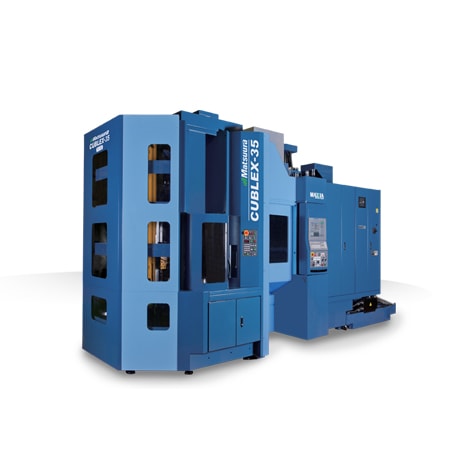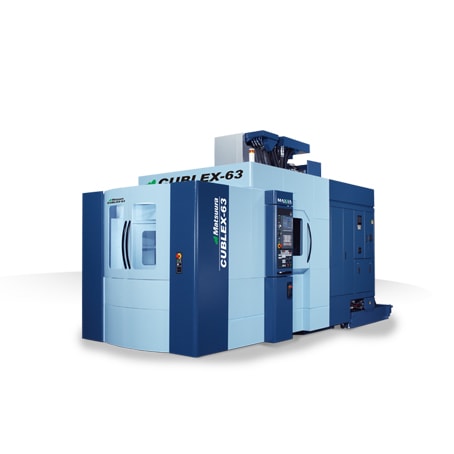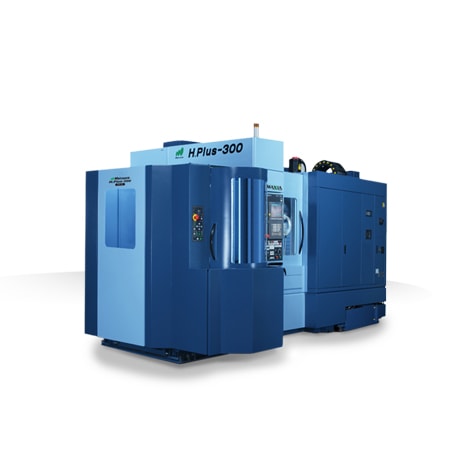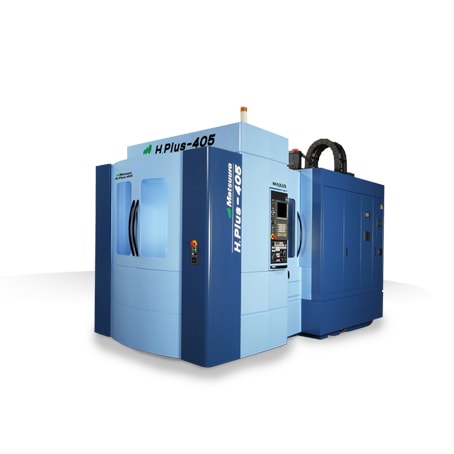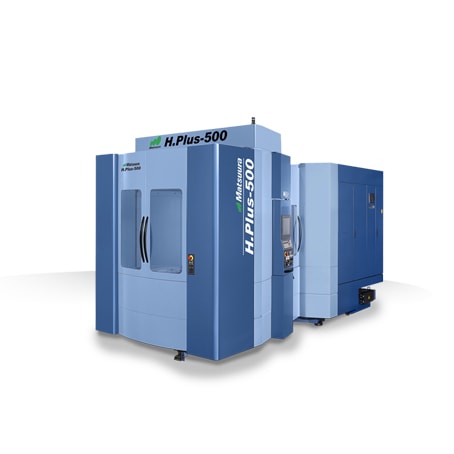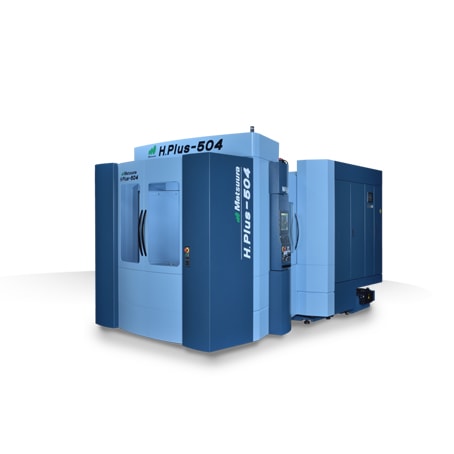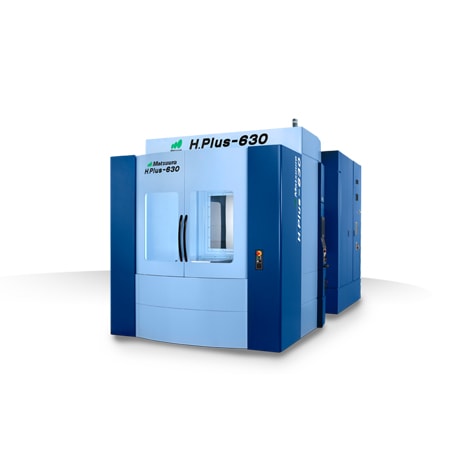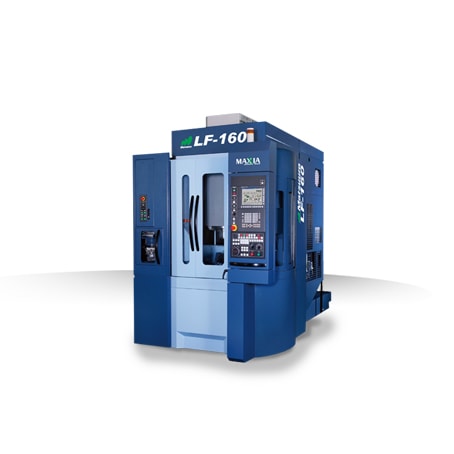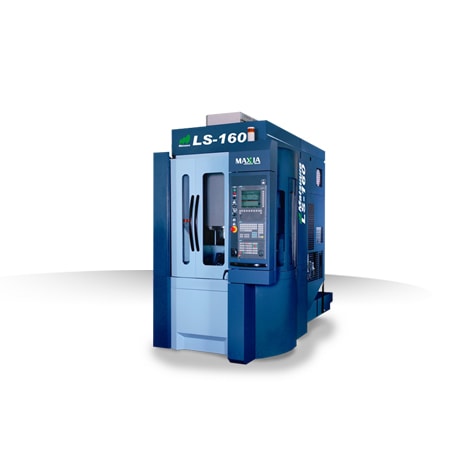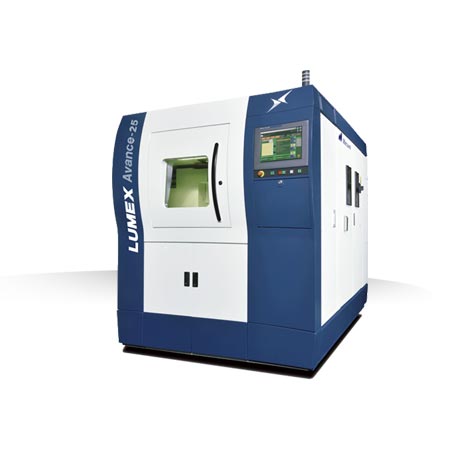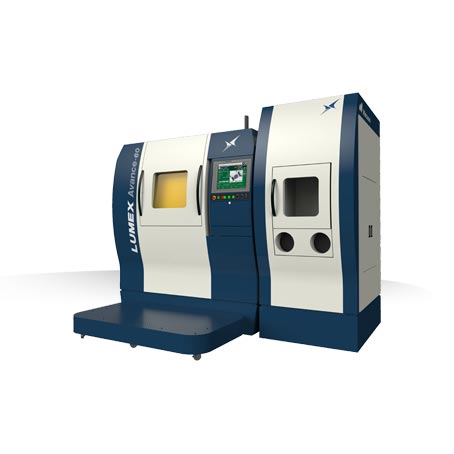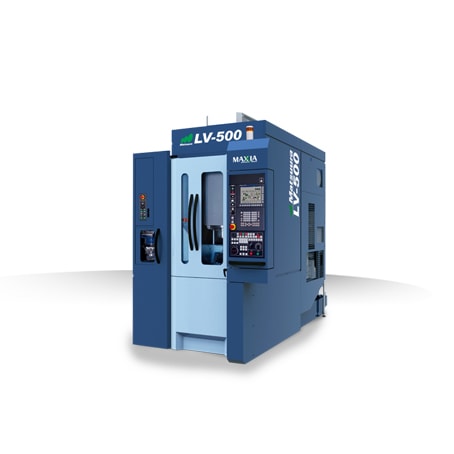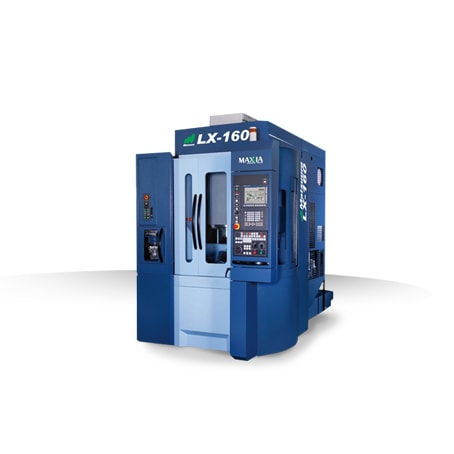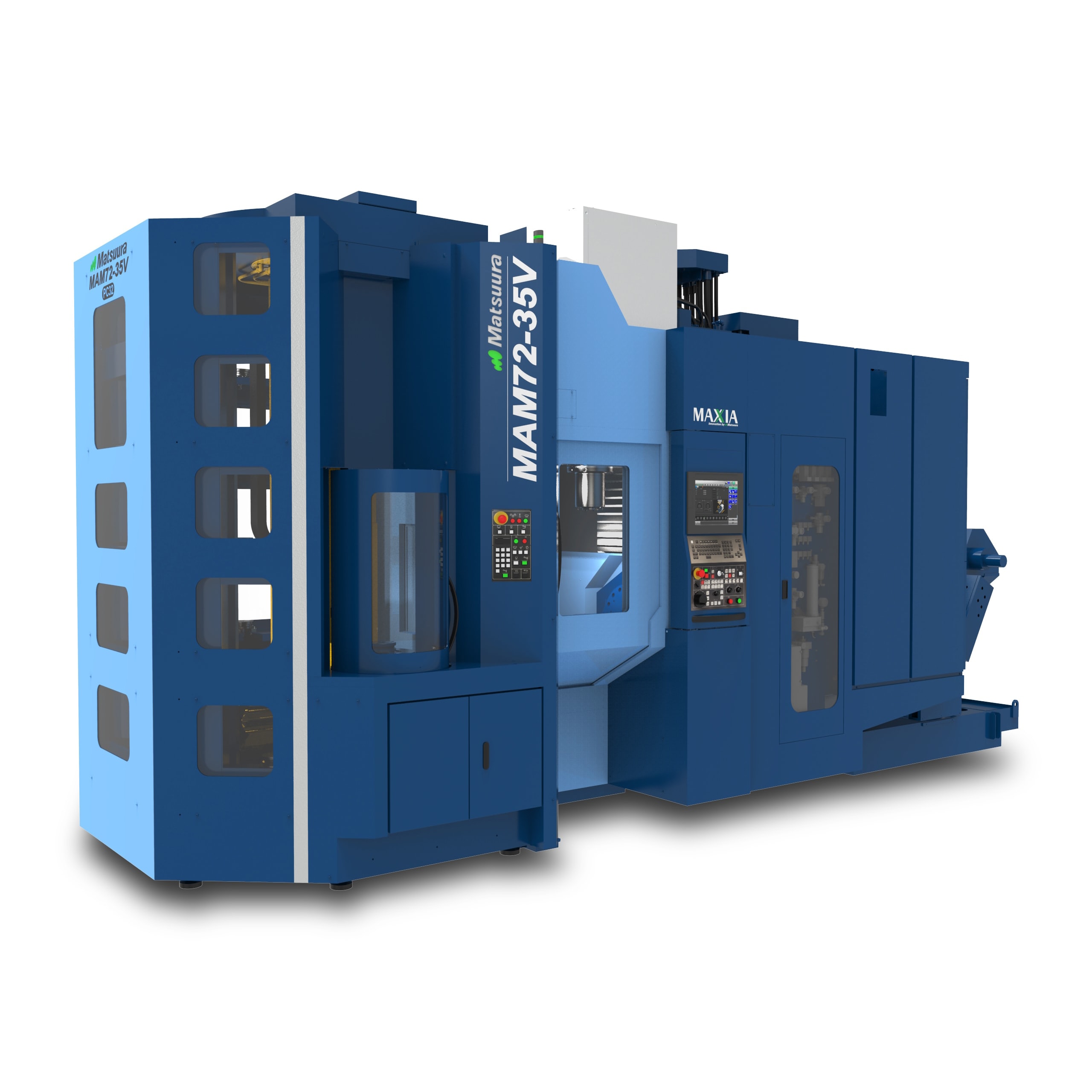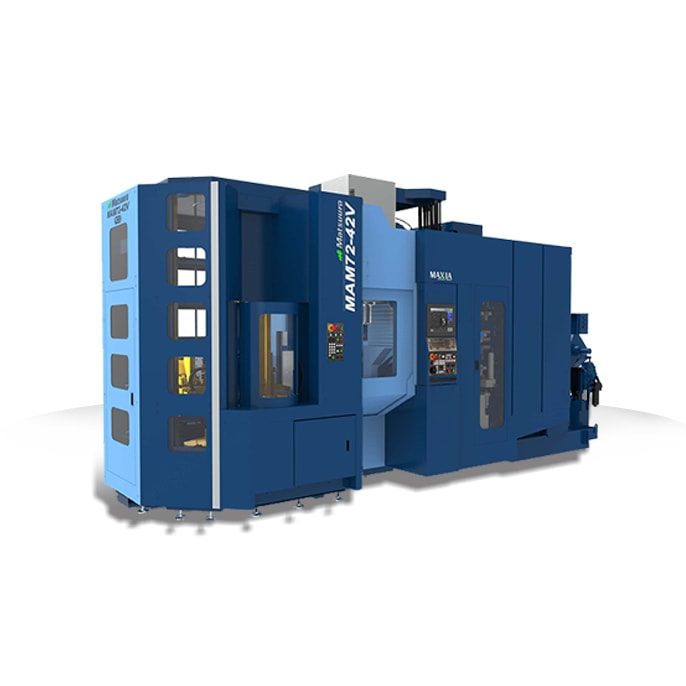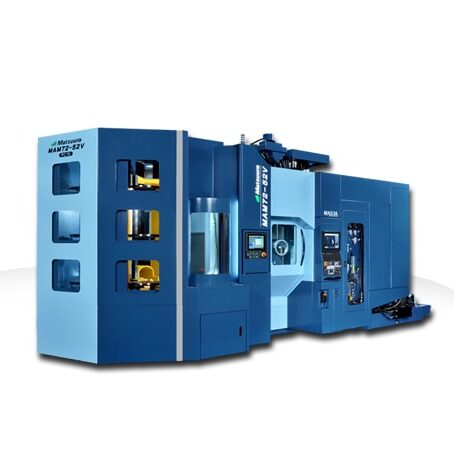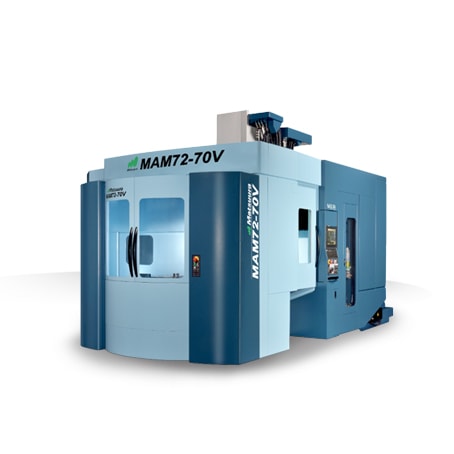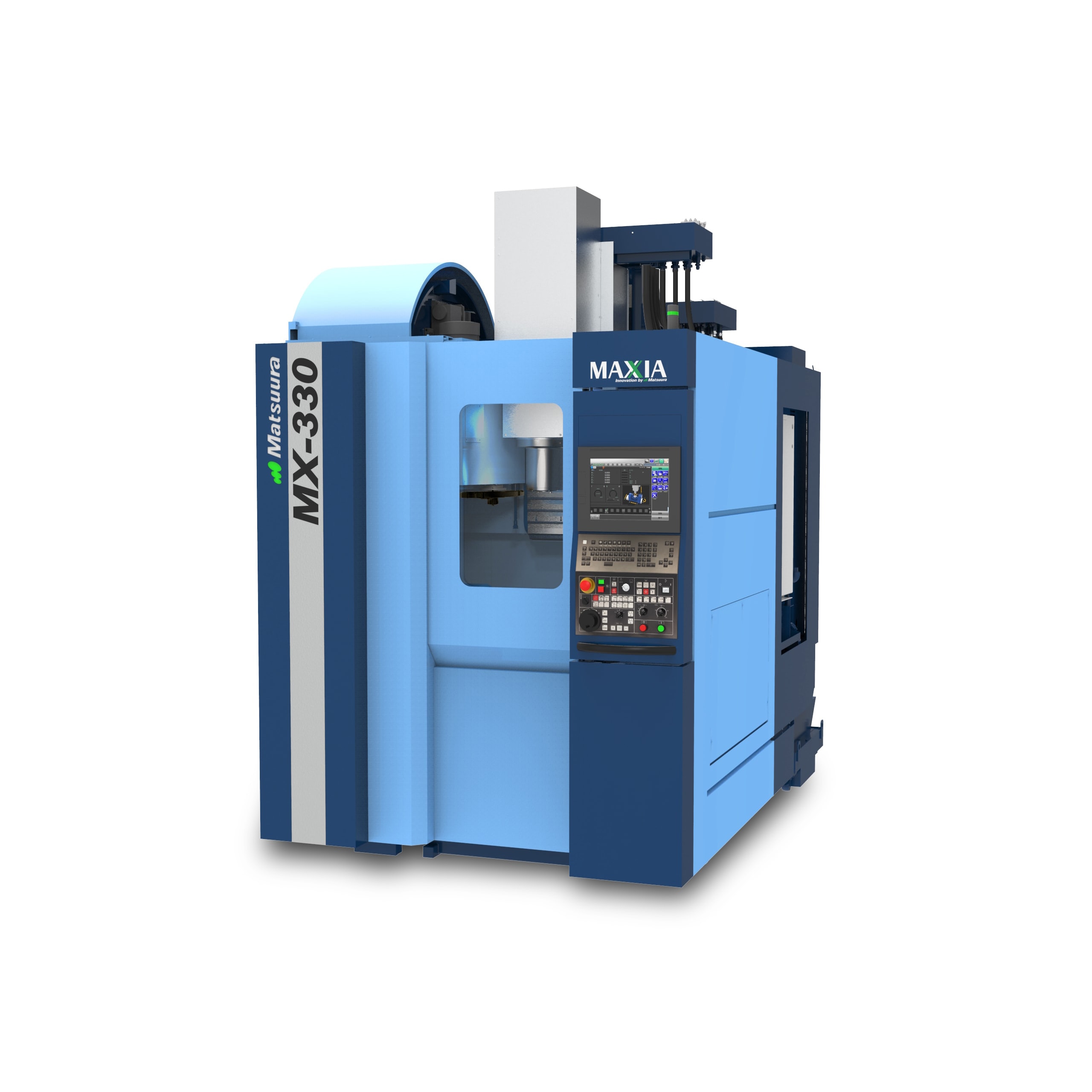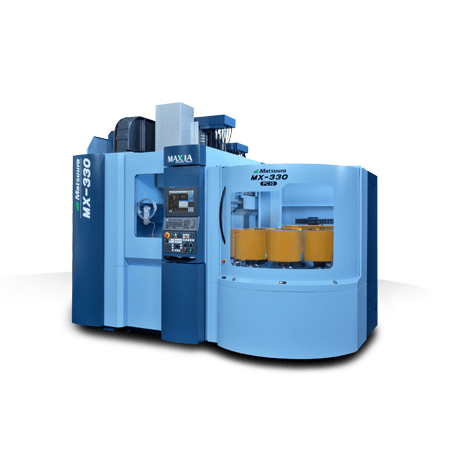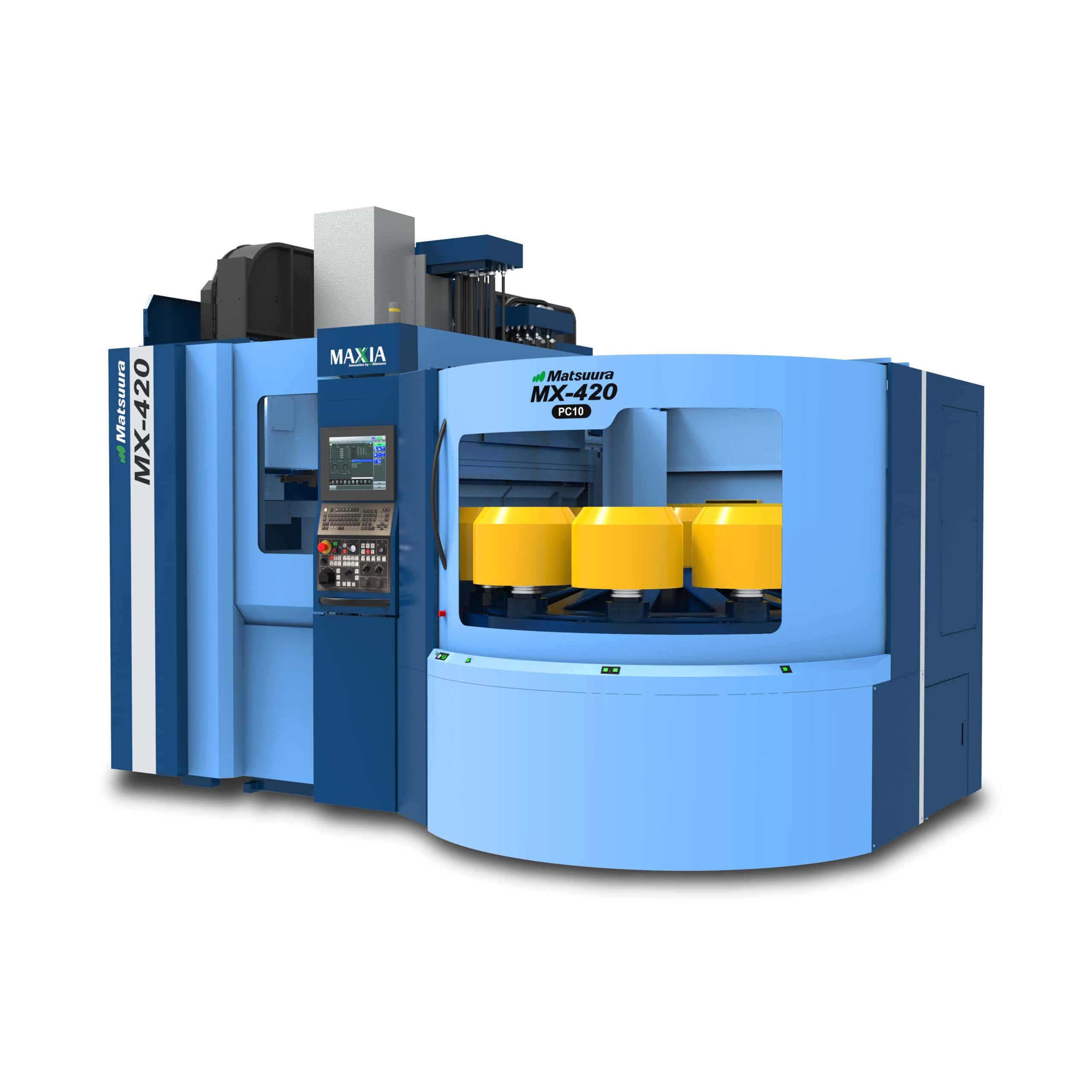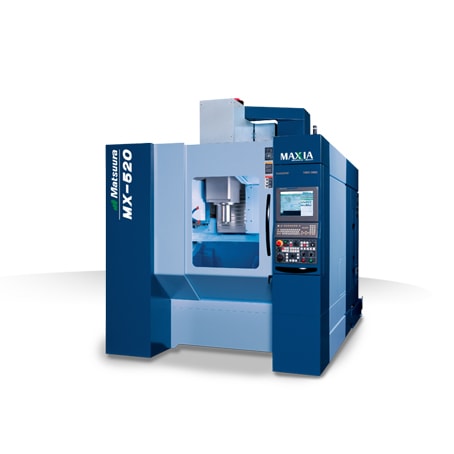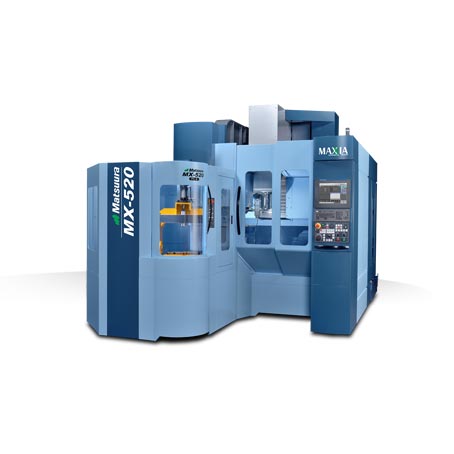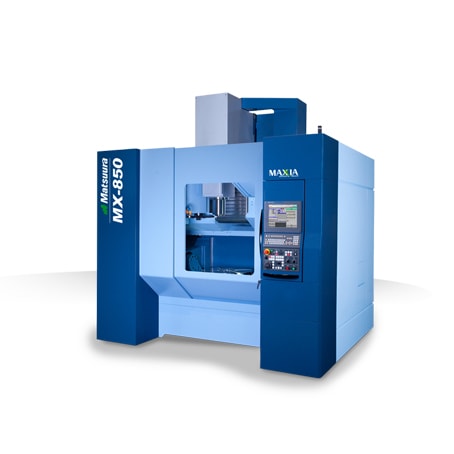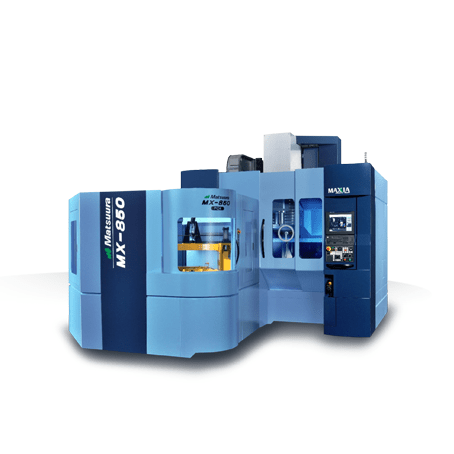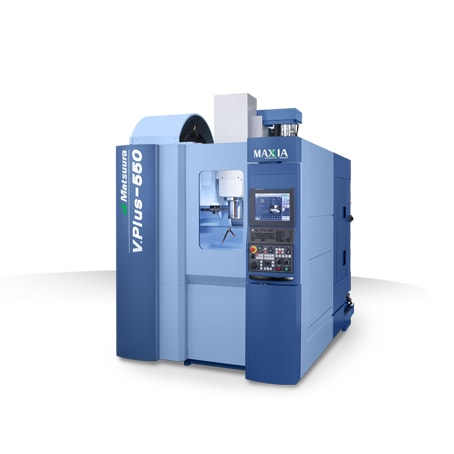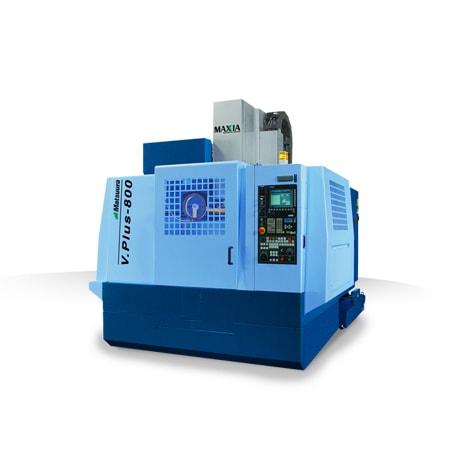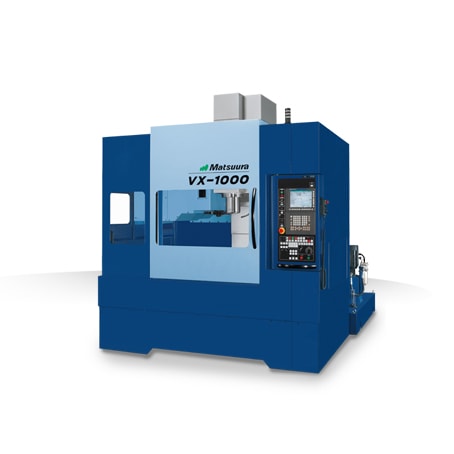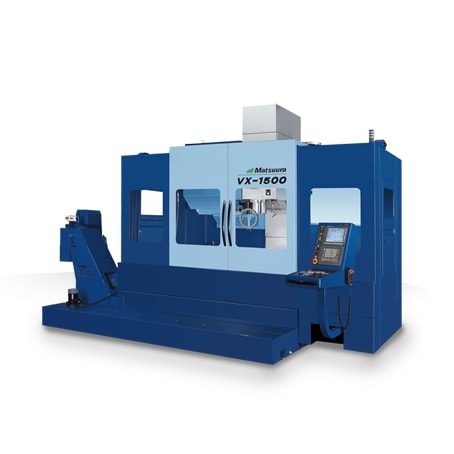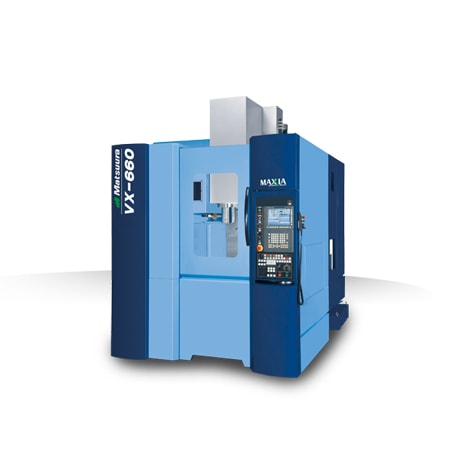St. Paul, MN — Reprint from Today’s Medical Developments–Edited by Elizabeth Engler Modic.
Autocam Medical’s facility in Plymouth, MA, specializes in precision titanium and stainless steel trauma plates and bone screws used in an orthopedic market.
Medical implants and instruments have changed over the years. New standards, regulations, and technologies continuously enter the market, evolve, and mature, making it very difficult for a manufacturer to keep up. There is even an expectation today that the parts should have a sexy, Ferrari-like look, with mirror finishes, high precision, intricate radii, and more. Many of these new demands are putting a strain on manufacturing production lines, making accuracy and efficiency the key to remaining competitive. Manufacturers must constantly evaluate their processes and address any inefficiency in order to succeed. Autocam Medical, a single-source provider of complex, highly engineered medical components, found itself facing this exact conundrum.
Autocam Medical is a subsidiary of Autocam Corp., a $200+ million in sales global manufacturing company of 1,500 employees with three medical manufacturing facilities in the U.S. Autocam has decades of experience in the successful application of lean manufacturing, continuous improvement, and advanced technology. Autocam Medical has leveraged the company’s award-winning manufacturing expertise and applied it to the medical device market.
Autocam Medical’s facility in Plymouth, MA, specializes in precision titanium and stainless steel trauma plates and bone screws used in the orthopedic market. A core manufacturing competency of Autocam Plymouth is the manufacture of approximately 50,000 plates and more than 300,000 bone screws annually to support those plates. Often the location of bone fractures poses challenging obstacles for surgeons. Plates in particular are complicated parts with complex geometries and contoured surfaces. To make parts that overcome such challenging obstacles, Autocam Medical’s strong technical team works closely with their OEM customers to achieve highly effective design-for-manufacturing success. Customers represent the major OEMs in U.S. and Europe as well as small, innovative startup companies nationwide. The company has earned both ISO 9001:2008 and ISO 13485: 2003 certifications, which meet customer requirements in both the U.S. and overseas.
Increased pressures from healthcare reform have influenced medical device manufacturing today. Fast prototyping and turnaround is critical. Quality control is also crucial, with much tighter tolerances and more stringent surface finish requirements than the average part.
“Customers are looking for a smooth, mirror-quality finish, free of blend lines and chatter lines,” explains Mark Travis, operations manager at Autocam Medical. Of course, following these requirements, cost effectiveness, in turn, is also a factor.
As Autocam Medical grew over the years, part throughput became more of a challenge. The average cycle time to manufacture a complex trauma plate was approximately one hour, and it required multiple machining operations with numerous loads/unloads. The process was inefficient and labor-intensive. It also required extensive hand deburring and polishing to achieve the required level of surface finish, which created a production bottleneck.
Breaking the Bottleneck
Since installing the MAM-72’s, Autocam Medical has realized significant cost savings, relating to both an increase in machine productivity and a reduction in post-processing requirements.
“In early 2010, we were presented with an opportunity to support a major product launch of a new family of trauma implants for an existing customer,” explains Dave Francis, general manager of Autocam Medical. “The customer planned to follow their product launch protocol by dual-sourcing the new implants, in an effort to mitigate risks.”
The implants were a challenge to manufacture due to complex geometries such as varying surface contours, custom, double-lead threads, sharp points, and extremely tight tolerances. Their previous operation, with its existing bottleneck, was not up to the task. In order to be competitive on both price and lead-time, while providing premium quality and performance, several new machine options were considered to support this product launch. Autocam Medical decided high-speed five-axis machining was the answer to produce these new complex implants and began to research machine tool suppliers.
“With more than 20 Matsuura machines already installed in-house, we put (former Matsuura distributor) Methods Machine Tools on our short list of potential vendors because they have a proven track record with excellent machine quality, performance, customer service, and application knowledge,” Francis says.
Autocam Medical decided to purchase four MAM-72-25V vertical machining centers. The MAM72-25V’s provided Autocam Medical with high-speed, full 5-axis machining. The machines are equipped with pallet changers that complete jobs in one or two operations, which can take four to five setups on a traditional VMC. The machines came standard with high-speed machining software, a state-of-the-art post processor, and a Matsuura G-Tech 30i control.
“We were able to successfully implement our proprietary fixturing into the Matsuura’s quick-change pallet system,” says Frank Demont, Autocam Medical’s continuous improvement coordinator.
Autocam Medical was trying to standardize machines and processes in the shop and they discovered that was achievable on the MAM-72.
“We found the MAM-72 was the most versatile, robust, well-rounded machine – capable of handling heavy hogging of material one day and fine detail machining the next,” Francis comments.
The CAMplete Truepath Software, which comes standard with the Matsuura machines, was also a consideration. It provides Autocam Medical’s programmers with everything needed to analyze, modify, optimize, and simulate 5-axis toolpaths. CAMplete True Path creates a user friendly, virtual solid model post-processing environment, which all but eliminates the need to return to the CAM system. This is especially helpful when manufacturing such complex parts. CAMplete bridges the gap between CAM systems and milling machines, eliminating the need for costly dry runs on complex 5-axis parts.
Streamlining Success
Autocam Medical is a study in efficiency. Since installing the MAM-72’s, Autocam Medical has realized significant cost savings, relating to both an increase in machine productivity and a reduction in post-processing requirements. These savings were the results of the MAM-72’s 5-axis high speed machining capabilities, pallet changers, and precision glass scales that help maintain a high level of accuracy.
“The Matsuura machines have really minimized downtime and increased throughput,” Francis explains. “They have enabled our organization to successfully satisfy our customers’ expectations for machining the most complex precision parts needed to support the medical orthopedic implant and instrument industry.”
The new Matsuura machines have reduced the average machine cycle time by 50% using just one operation versus the multiple operations used before. The new high-speed machines have also increased post-processing throughput by 25% due to decreased manual deburring and polishing requirements.
“Since we are now machining parts to a near-net shape, almost no post-processing is required,” Francis says. “We are able to get a better part first time off the mill at a reduced cost, which greatly benefits our customers.”
What about the customer that originally planned to follow their new product launch plan of dual sourcing their new implants?
“Autocam Medical, with its strong technical team and new high capability Matsuura machines, proved to be the only supplier our customer could validate. As a result, we were able to grow year-to-year sales with this customer by 70%,” Francis notes.
Matsuura Machinery USA, located in St. Paul, MN is the importer of Matsuura machining centers in the United States. Matsuura delivers unmatched excellence in high speed and high precision CNC machine tools. The company’s unmanned, high accuracy machining equipment, including multi-pallet and multi-tasking machine tools provide manufacturing solutions to a variety of industries around the globe.
The company’s 40,000 sq. ft. facility includes a large showroom and demonstration area, conference and training rooms, machine storage areas, accessories and spare parts, as well as administrative, service, and engineering application support.
Matsuura Machinery USA professionally markets and supports Matsuura equipment users through local distributors. Since 1935, Matsuura has been a leader in developing and manufacturing innovative machining equipment to ensure that manufacturing professionals always have the tools they need to create high quality parts. As the U.S. subsidiary of Matsuura Machinery Corporation in Japan, Matsuura USA provides the premium service, applications, and technical field support that have always been the Matsuura standard for business.
For more information on Matsuura products, contact:
[email protected] or visit us at:
www.matsuurausa.com
